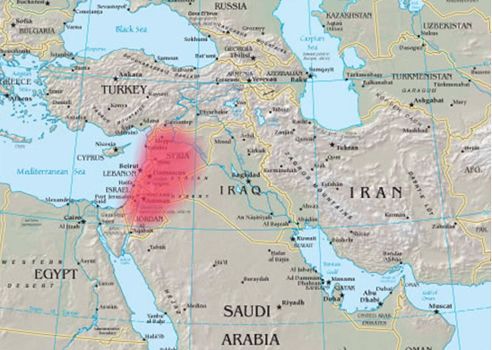Reading time: Less than 1 minute
Increase your vocabulary and you’ll make your writing much more precise. That’s why I provide a word of the week. Today’s word: levantine…
I live in a city, Vancouver, that is roughly 50 percent Asian. As a result, reading a book titled Crazy Rich Asians (by Kevin Kwan) makes me want to hide the cover under a brown paper wrapper. (Fortunately, for me, I’m reading the book on my Kindle, so I don’t have to go to such extremes.)
The book tells the story of New Yorker Rachel Chu who wants to spend the summer in Singapore with her boyfriend, Nicholas Young. She has no idea that he is fabulously wealthy and that his childhood home is more of a palace than a house. Much hilarity ensues and the book became a motion picture starring Constance Wu.
What surprised me, given the lightweight nature of the novel, is that it gave me my word of the week: levantine. Here is how the author used it:
And so this exotic strain of gossip spread rapidly through the levantine networks of the Asian jet set, and within a few hours, almost everyone in this exclusive circle knew that Nicholas Young was bringing a girl home to Singapore.
The Levant is an historic geographical term referring to a large area in the Eastern Mediterranean. In its narrowest sense it is equivalent to the historical region of Syria. In its widest historical sense, the Levant included all of the eastern Mediterranean extending from Greece to the Eastern coastal region of Lybia.
The term entered English in the late 15th century from French. It comes from the Italian Levante, meaning “rising”, implying the rising of the sun in the east. In the 13th and 14th centuries, the term levante was used for Italian maritime commerce in the Eastern Mediterranean, including Greece, Anatolia, Syria-Palestine, and Egypt.
Both the noun Levant and the adjective Levantine are now commonly used to describe the ancient and modern culture area formerly called Syro-Palestinian: archaeologists now speak of the Levant and of Levantine archaeology and food scholars speak of Levantine cuisine.
An earlier version of this post first appeared on my blog on Feb. 28/18.


